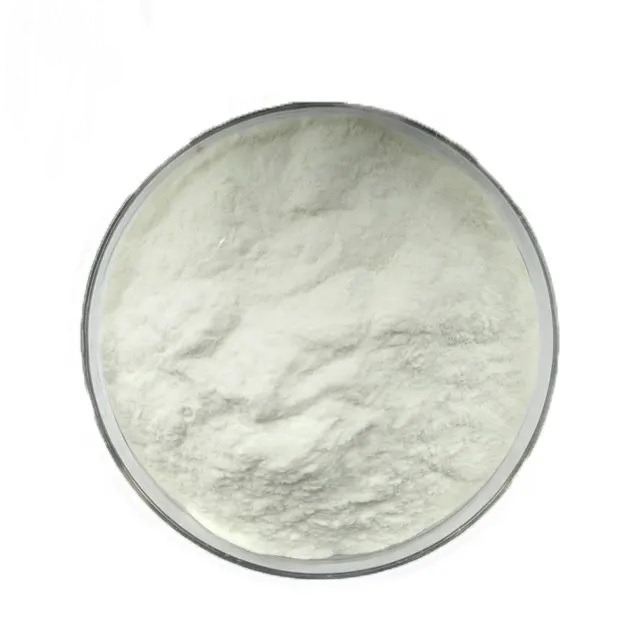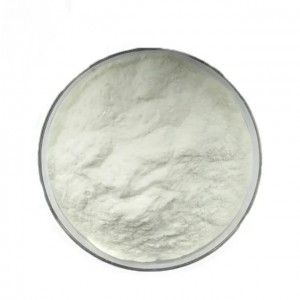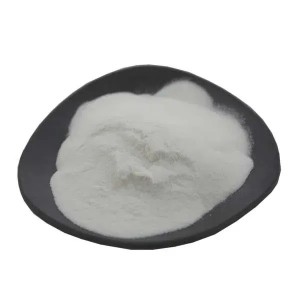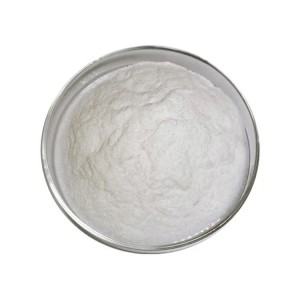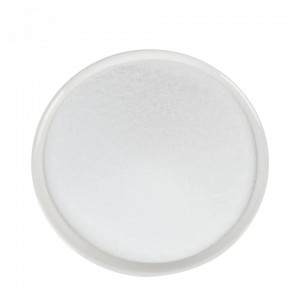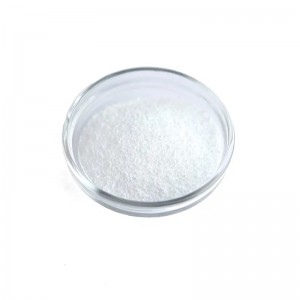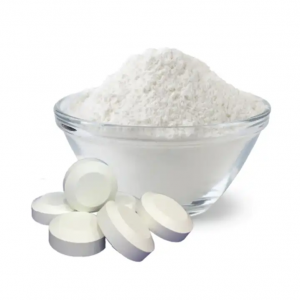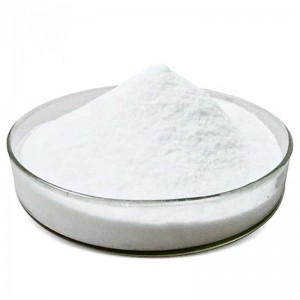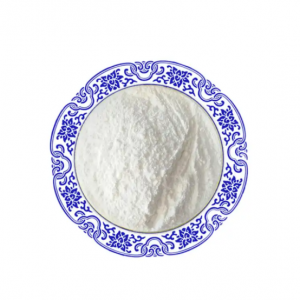| Basic Information | |
| Product name | Betaine Anhydrous |
| Grade | Food Grade |
| Appearance | White crystal powder |
| Assay | 99% |
| Shelf life | 2 years |
| Packing | 25kg/bag |
| Condition | Store in cool & dry place, Keep away from strong light and heat. |
Description of product
Betaine is also known as trimethylamine, and is the quaternary ammonium derivatives of glycine and a class of N-methyl-compound or trimethyl inner salt after the hydrogen of the amino group being substituted by the methyl group.Melting point: 293 °C; it will decomposed at 300 °C. It is soluble in water, methanol and ethanol, but insoluble in ether, and can be isomerized into dimethylamino methyl acetate at the melting point. Drought or salt stress, many plants can accumulate betaine inside their body and become a major organic solutes for osmotic adjustment and have a further protective effect on cell membrane and cellular proteins. It can be widely used in food, medicine, daily chemical, printing and dyeing, chemical and other fields. Anhydrous betaine is a kind of nutrient additive with high efficiency and high quality. Pharmaceutical grade betaine can be used in pharmaceutical, cosmetic, food, fruit juice industries, as well as dental materials, in addition to betaine can also be used in the fermentation industry.
Betaine Anhydrous in feed industry
Betaine is a natural compound, and belonging to a kind of quaternary ammonium alkaloids. The name of this substance is because of that it is first extracted from sugar beet. It has been over 50 years since it has been used as a feed additive. It has attracted much attention due to its important of in protein metabolism and lipid metabolism of animals, and has been widely applied. Adding to the chicken feed can increase the amount of broiler carcass quality and chest quantity and also improve the food palatability and utilization rate. Increased feed intake and daily gain is the main component of palatability of aquatic attractant. It can also improve the feed rate of piglet, and thus promoting its growth. It has another important feature as a kind of osmotic pressure regulator which can alleviate the stress of gastrointestinal and increase the viability of juvenile shrimp and fish seedlings under the variation of various stress conditions, such as: cold, heat, disease, and weaning in living conditions. Betaine has a protective effect on the stability of VA and VB and can further improve their application efficacy without having the irritation effect of betaine hydrochloride at the same time.

